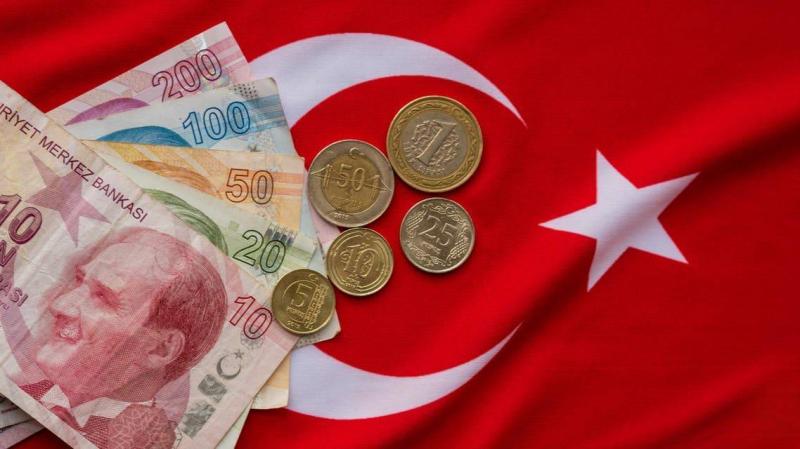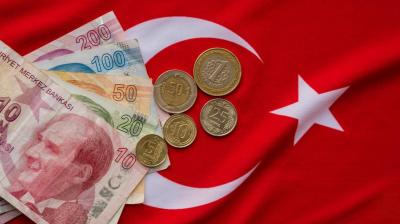The Turkish lira has recorded one of its largest declines this year amid speculation that the central bank intends to lower the main interest rate despite rising inflation. Inflation continued to accelerate, reaching 19.25% year-on-year last month, the highest rate in two years, surpassing the bank's benchmark interest rate of 19%.
For months, the central bank has promised to maintain positive interest rates to discourage Turks from spending money rather than depositing it in their accounts. This would require raising the main interest rate to 19.5% in the upcoming monetary policy meeting on September 23. However, Central Bank Governor Şahap Kavcıoğlu told investors that consumer prices are expected to decline in the coming months and that the bank will base its future decisions on a core inflation rate below 17%, excluding volatile items such as food and fuel.
Turkish media quoted Kavcıoğlu stating that "exceptional conditions emerged due to the pandemic, increasing the importance of core inflation indicators." He added, "When determining the global monetary policy stance, core indicators excluding temporary factors arising from sectors outside the impact of monetary policy are used as a basis."
The Turkish lira dropped by 1.5% against the US dollar and was trading around 8.45 on Wednesday afternoon. The Turkish central bank is independent in principle but faces ongoing pressure from President Recep Tayyip Erdoğan to lower interest rates. Erdoğan has dismissed three central bank governors since 2019 because they either raised lending costs or did not reduce them quickly enough.
Raising interest rates is considered one of the main tools of monetary policy to combat inflation, but Erdoğan strongly opposes this, viewing it as a hindrance to growth. Contrary to classical economic theories, Erdoğan believes that raising interest rates fuels price increases. Kavcıoğlu has kept the main interest rate unchanged for five months and previously pledged to focus on fighting inflation.




